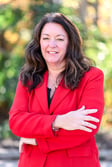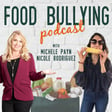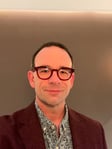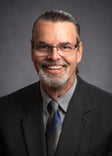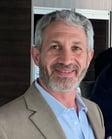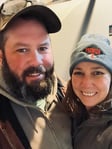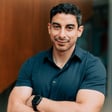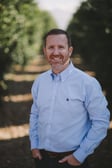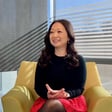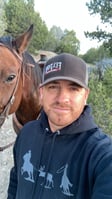
Science connecting dietitians & agriculture: Episode 135
Scientific curiosity can change the conversation about food, whether from a food, farm, or dietetic perspective. Likewise, scientific illiteracy can leave people susceptible to food bullying. Listen to this latest episode of the Food Bullying podcast and learn about how a new book can help you better communicate science.
Amy Hays is currently the Assistant Director at the Oka Institute at East Central University, focused on sustainable water solutions, land stewardship, water research, and policy. She lives on a small ranch in Oklahoma. Her passion for science literacy inspired her to start For Science Sake, a project that helps people enhance their outreach and engagement, which lead to her co-authoring the new Science Story Speak with Michele Payn to help re-build trust in science around the food plate.
"Science is being questioned and denied like never before in this era of divisiveness, inflated food prices, and social media. Decisions are often made based on emotions, rather than evidence. Yet science has never been more critical for addressing major challenges like food security, climate change, and public health."
Science Story Speak helps you change the way you communicate and builds belief in scientific advancements. Declining trust in science hurts agriculture by limiting progress in modern farming technologies, hindering hunger relief, expanding regulations, increasing consumer questions about farming, and contributing to mental health challenges.
Amy also notes "There's a common misconception that farming and ranching are dominated by corporate farms using harmful, environmentally unfriendly practices. In reality, it’s quite the opposite. Most farms and ranches are family-owned, and the folks running them care deeply about their crops and animals. They have to — their commitment to stewardship means everything because agriculture is tightly regulated, more so than many others. If they don't do things right, they simply won't last."
Learn more about Amy's work at 4sciencesake.com or the newly released Science Story Speak at ScenceStorySpeak.com.


